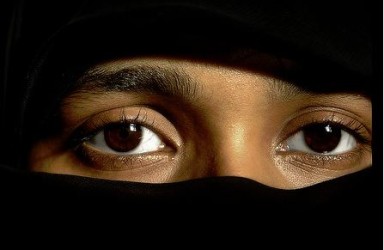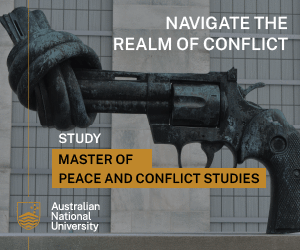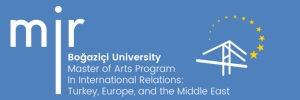Human Rights In The Middle East: Questions Of Compatibility And Conflict
The fact that the debate over whether Islam and human rights discourse are compatible is an example of how states in the Middle East continue to go through a transitional phase in regard to reforming laws and policies which infringe upon peoples rights. Post election violence in Iran and Iraq suggests that there is still a long way to go in terms of securing peace in security in the region.
What role does religion play in Hamas’ political behaviour?
This essay argues that religion plays a crucial role in Hamas’ political behaviour. Hamas established its identity around Islam when the organisation was being created and today it places Islam in the centre of its political actions. Yet Hamas remains a political organisation at a relatively high level of development, and it uses selected religious elements depending on what it deems profitable in any given political situation.
Islamic Fundamentalism in Central Asia: Evaluating Uzbekistan’s Response
Ever since the dissolution of the Soviet Union, Islam has undergone a revival among Central Asian societies. The hitherto communist and atheist states with arbitrarily imposed constraints on the freedom of worship, started referring to their religious roots as a step in national identity formation.
The challenges of post 9/11 politics to the strict prohibition on the Use of Force found in the UN Charter
The weakening of the prohibition on the use of force since 9/11 has been essentially due to other Articles in the UN Charter which act as loop holes. The USA and its allies have undermined Article 2.4 in the Charter by using Article 51, whereas no punishment (except perhaps the general disapproval of the international society) has been issued.
Does proper respect for human rights require a radical transformation of the international system?
Pluralist arguments that human rights can be properly respected through the state system are more convincing than cosmopolitan claims because they recognise the diversity of cultures and national systems which exist in the world.
Islamic Identities in Post-Soviet Russia: Realities and Representations
In Russia, depictions of Muslims tend to be generalised, and in extreme cases are depicted as violent extremists with desires to convert the world to fundamentalist Islam
The Challenges to State Sovereignty from the Promotion of Human Rights
Traditionally, the promotion of Human Rights and the concept of state sovereignty have been fundamentally opposed. The institutionalisation of Human Rights in the international system is a relatively new concept. It wasn’t until after the Second World War that the challenge of Human Rights upon state sovereignty emerged.
The status of women as a key indicator of modernity in Muslim society
Using women’s status as an indicator for the level of modernity achieved in non Western Muslim societies can set up a vicious circle that reinforces an orientalist bias. Such an evaluation is often affected by a belief that secular-liberal regimes hold a more favourable stance towards women. In addition, some Western feminist scholars have developed an approach that exasperates this dynamic
The West, Islam and Modernity
The relationship between West and Islam is more relevant than ever. The terrorist attacks in the US and Europe at the beginning of the new millennium, seemed to confirm the ideas expressed by Samuel Huntington and Francis Fukuyama. However, critical engagement with such issues requires a deeper understanding of West, Islam and Modernity, avoiding essentialist definitions of single sets of well-defined and separated ideas.
Western Depictions of Children and the New Imperialism
The human rights discourse has become a paradigm in international relations, with the transition from the international system to an international society. A vital aspect of that paradigm is the differentiation between adult and child, which has also been primarily instituted by the West. The supremacy of this definition has served the supremacy of the West in the human rights question.














